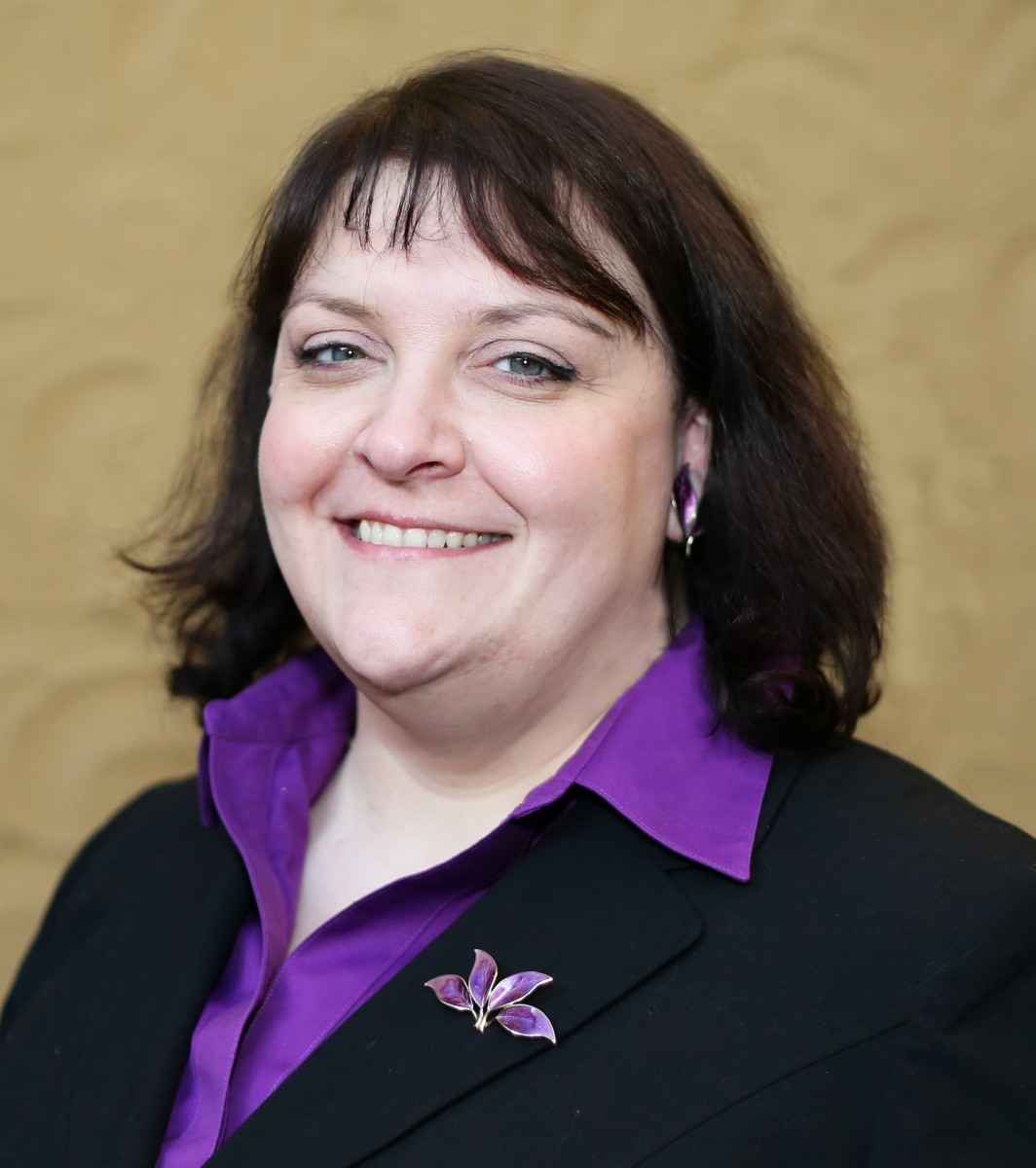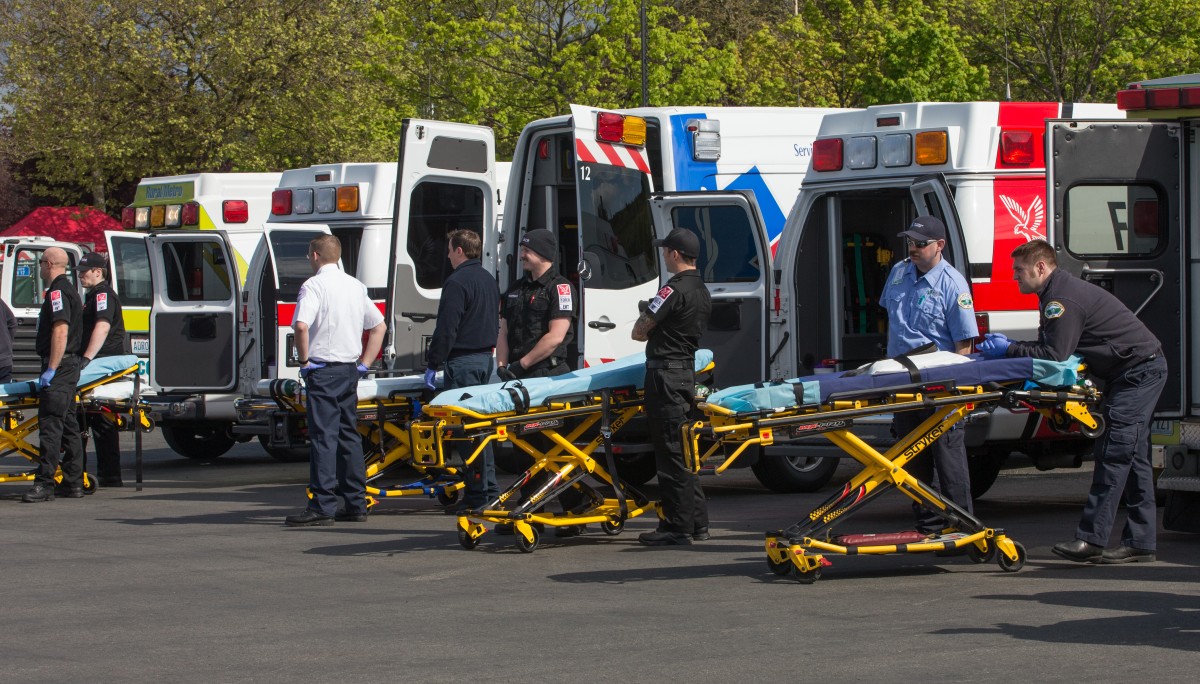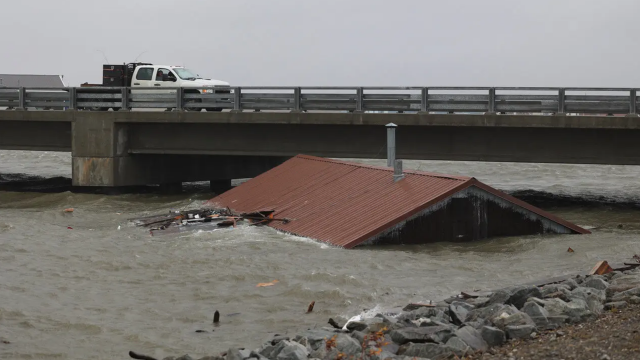by Kristen Holway, senior manager, ethnography & learning practice
On Veterans Day, Dr. Craig Spencer was declared Ebola-free and released from a hospital in New York City - officially making the United States Ebola-free once again, too. Upon his release, Spencer "urged support for U.S. health workers treating patients in West Africa so they do not face 'stigma and threats' when they return home."
This statement unfortunately underscores the damage already done by misguided American panic about the nature - both medical and social - of the disease, and the need for philanthropy to take a more active role in addressing misguided fears, responding to real threats, and ensuring that we are appropriately prepared for future health crises and disasters.
The New England Journal of Medicine recently published an op-ed titled “Panic, Paranoia, and Public Health – The AIDS Epidemic’s Lessons for Ebola” that argues against the Ebola quarantines set in place by nine states and the District of Columbia, on the grounds that they are not based on scientific evidence, will “dissuade health care workers from volunteering to help fight the epidemic," and undermine both the Centers for Disease Control and Prevention and the National Institutes of Health. The authors compare today's hysteria to the panic about people with HIV and AIDS in the 1980s and 1990, when some politicians had lobbied for similar, illegal quarantining measures of people who tested positive for HIV. “History is repeating itself, as the irrational, punitive measures deployed in the AIDS epidemic 30 years ago are revived for another disease, this time a rare hemorrhagic fever responsible for only a few local cases."
 Such irrational fears, now fueled around the clock by cable news and social media, came up almost immediately in my recent conversation with Onora Lien (photo), executive director of the Northwest Healthcare Response Network. The NWHRN is a nonprofit working to expand regional partnerships across hospitals and healthcare systems to prepare for, respond to and recover from emergencies. They do this by building coordinated networks, conducting trainings, developing response plans, and administering an online communications system for the healthcare community.
Such irrational fears, now fueled around the clock by cable news and social media, came up almost immediately in my recent conversation with Onora Lien (photo), executive director of the Northwest Healthcare Response Network. The NWHRN is a nonprofit working to expand regional partnerships across hospitals and healthcare systems to prepare for, respond to and recover from emergencies. They do this by building coordinated networks, conducting trainings, developing response plans, and administering an online communications system for the healthcare community.
“The level of fear around Ebola spreading in the U.S. is not necessarily warranted," Lien explained. "From a scientific standpoint, the risk of transmission within the community is so low. The social construct that everything is spread easily, much like we think of flu, is false. Ebola is not something you get walking down the street!”
Ebola has become politicized
Canada recently became the second developed country (following Australia) to ban travel visas for West Africans, along with a moratorium on processing residency applications for people from Guinea, Sierra Leone, and Liberia. These “xenophobic” policies coupled with quarantines in the U.S. have the real risk of stigmatizing and criminalizing vulnerable populations as well as the very people who are integral to eradicating the disease. And by disregarding healthcare workers’ competence and capacity to mitigate their own risks when they are abroad, we discourage other potential volunteers from coming forward.
This is not to insinuate that preparedness to mitigate epidemics like Ebola aren’t critical to both our public health and safety as a community. “Ebola is a very serious disease and we do have to be prepared,” Lien said. “Much of our work at the Northwest Healthcare Response Network has dealt with hypotheticals until now. Preparing the community to respond to this type of scenario is a great example of why we exist."
According to Lien and the Centers for Disease Control and Prevention, we should be far more worried about other risks, however. There have been four cases of Ebola diagnosed in the United States, including one death. In contrast, nearly 54,000 people died from influenza or pneumonia here in 2011.
The NWHRN's current emergency activation network level is: Low.

During a health emergency or disaster, the Northwest Healthcare Response Network would activate the Healthcare Emergency Coordinator Center. (NWHRN Photo)
Why are individuals slow to support anti-Ebola efforts?
The Stanford Social Innovation Review reports a $338 million funding gap to support the U.N.'s inter-agency response plan in West Africa. This gap does not include vital funds needed to support the non-governmental organizations on the ground or the astounding $33 billion in projected economic losses due to the disease. Yet apart from major gifts by Paul Allen, Mark Zuckerberg and Priscilla Chan, and the Bill & Melinda Gates Foundation, the contributions from American individuals, corporations and foundations total just 7% of the $1.2 billion committed to fighting Ebola. As a comparison, private giving from the U.S. constituted 36% of total giving to humanitarian efforts after the Haiti earthquake (2010) and 62% of private giving after the Indian Ocean tsunami (2004).
Why have we been so slow to give? “This is a confusing issue for the private donor community — is it a disaster, or a health problem?” explained Regine Webster, vice president of the Center for Disaster Philanthropy.
“Public health emergencies can create loss of life in the community, but they don’t necessarily elicit the same response to the general public as a huge natural disaster, even if the number of fatalities are similar," Lien added. For example, death tolls for a disease like Ebola may mirror natural disasters, but they occur over a longer period of time making it harder for individuals to visualize the scale of the humanitarian crisis. People also struggle to give when there doesn't appear to be a straight-forward solution. According to one expert, "it was clear from the imagery (coming) out of Haiti and the Philippines that donations could help rebuild shattered homes and schools, while the images of Ebola are more frightening and less conducive to envisioning a happy ending."
That said, Lien concluded, “It is not easy to know what you’re giving to. We haven’t done a good job telling the story of NGO roles versus government roles in public health response.”
Opportunities to Give:
There are more than 60 NGOs responding to the Ebola crisis. Individuals can help by supporting campaigns recommended by #TackleEbola, a website set up by Paul G. Allen that directs donors to real-time projects that need financing, and The New York Times. For the full list, visit the USAID Center for International Disaster Information.
Visit the Northwest Healthcare Response Network's Ebola Updates and Resources for information related to the greater Seattle area and Pierce County.
Are you interested in learning about business continuity planning and disaster preparedness strategies for your grantees? If so, please contact Kristen Holway at kholway@philanthropynw.org. Philanthropy Northwest is currently researching delivering programs in partnership with organizations such as the Northwest Healthcare Response Network to meet these needs.


